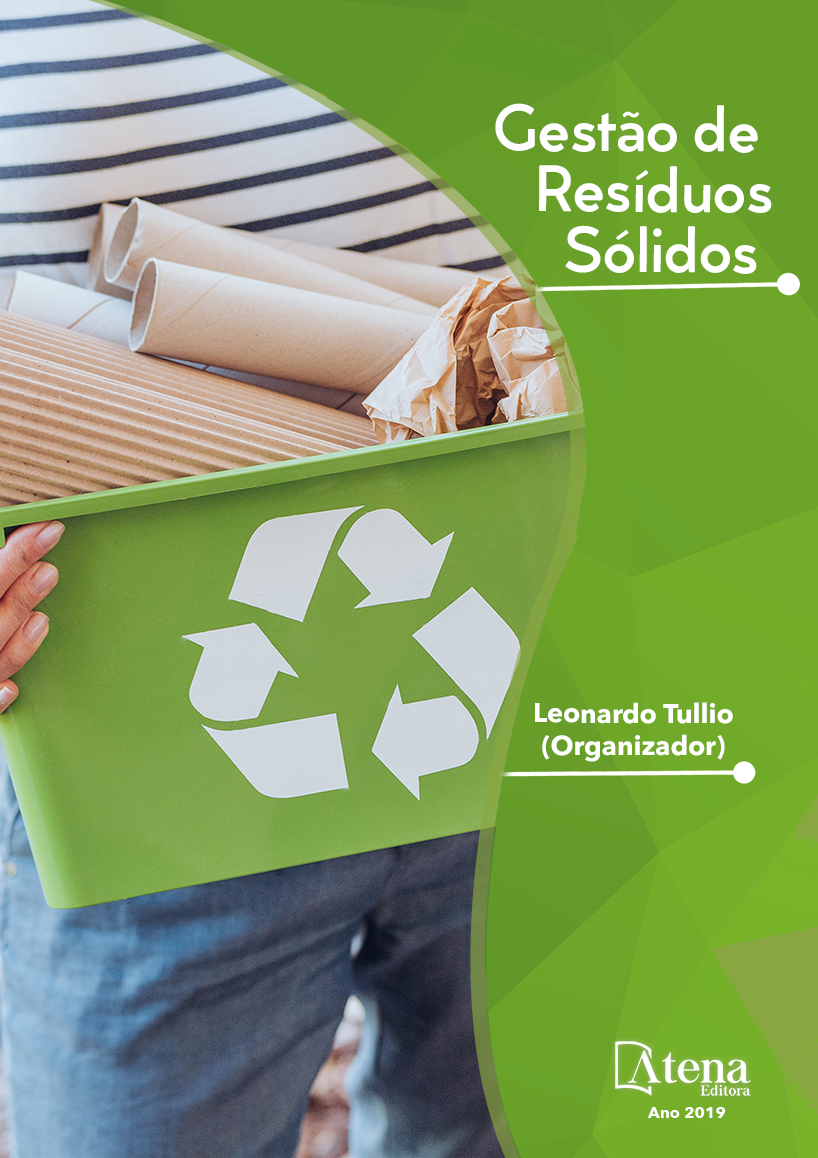
COMPOSTAGEM COMO RECURSO DIDÁTICO NO ENSINO DE CIÊNCIAS PARA A PROMOÇÃO DA EDUCAÇÃO AMBIENTAL
Este estudo apresenta o
desenvolvimento de uma Sequência Didática
sobre Educação Ambiental no Ensino de
Ciências, utilizando a Compostagem como tema
gerador de conhecimento e ferramenta para
aprendizagem significativa. Ele foi realizado
no Colégio Estadual Júlia Wanderley em
Curitiba-PR, com alunos do 6º ano do Ensino
Fundamental, na disciplina de Ciências. A
construção do conhecimento científico através
das aulas favoreceu novas perspectivas aos
alunos com o desenvolvimento do senso crítico,
analítico dos mesmos. A pesquisa foi qualitativa
e participante a qual se iniciou com aplicação
de questionário prévio sobre a Compostagem,
conduzido para aproximar a teoria à prática,
de forma contextualizada. Posteriormente,
foram realizadas aulas expositivas, dialogadas
com rodas de conversas trabalhando temas
relacionados aos resíduos orgânicos, aula
prática da técnica da Compostagem na horta da
escola e uma visita guiada ao Aterro Sanitário
de Curitiba. Observou-se na aplicação da
sequência didática uma interação e interrelação
de aprendizagem para desenvolver
um pensamento crítico e analítico além da
sensibilização dos alunos envolvidos, tendo a
escola como espaço de influência na formação
do estudante cidadão
COMPOSTAGEM COMO RECURSO DIDÁTICO NO ENSINO DE CIÊNCIAS PARA A PROMOÇÃO DA EDUCAÇÃO AMBIENTAL
-
DOI: 10.22533/at.ed.8481914036
-
Palavras-chave: Educação ambiental, Compostagem, Ensino de ciências.
-
Keywords: Environmental Education, Composting, Science Teaching.
-
Abstract:
Composition as a resource in teaching sciences
for the promotion of environmental education
Abstract
This study shows the elaboration of a Didactic
Sequence on Environmental Education in
Science Teaching, using Composting as a
generator of knowledge and tool for meaningful
learning. It was applied at the Júlia Wanderley
State College in Curitiba-PR, with students
from the 6th year of Elementary School, on
the discipline of Sciences. The construction of
the scientific knowledge through the classes
favored new perspectives to the students
with the development of the critical, analytical
sense of the same ones. The research was
qualitative and participatory, which began with
the submission of a previous questionnaire on
Composting, conducted to bring theory closer to
practice, in a contextualized way. Subsequently,
lectures were given, dialogues with discussion
groups working on topics related to organic residues, practical classes in the Composting
technique in the school garden and a guided visit to the Sanitary Landfill of Curitiba.
It was observed in the application of the didactic sequence an interaction and interrelation
of learning to develop a critical and analytical thinking beyond the sensitization
of the students involved, having the school as a space of influence in the formation of
the student citizen.
-
Número de páginas: 15
- Claudia Regina Xavier


